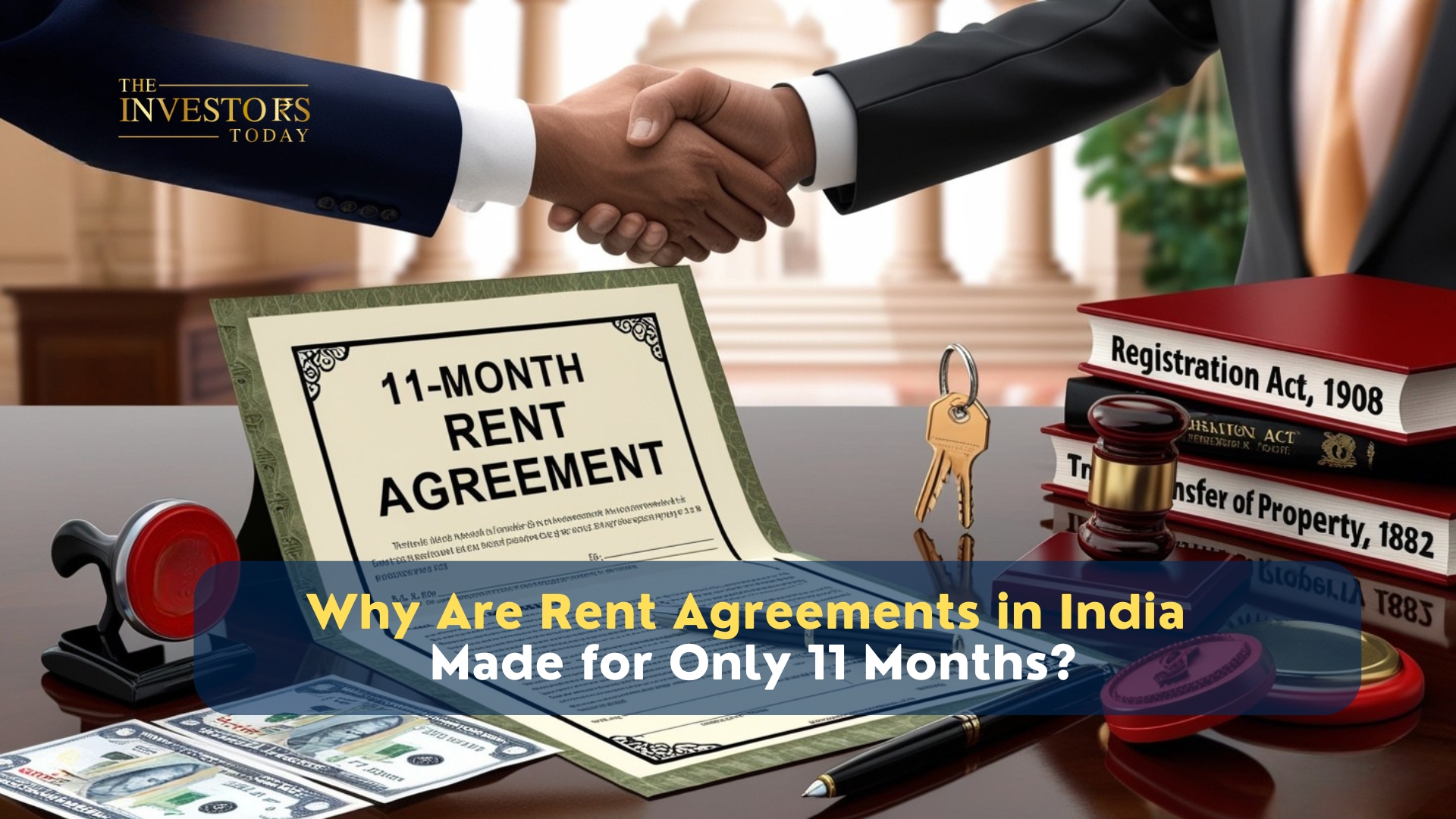
Why Are Rent Agreements in India Made for Only 11 Months?
In India, most residential and commercial rent agreements are structured for 11 months instead of a full year. This common practice is not just a tradition but has strong legal and financial reasons behind it. Let’s explore why landlords and tenants prefer 11-month agreements and the legal implications involved.
1. Avoids Mandatory Registration (Under Registration Act, 1908)
The primary reason for an 11-month rent agreement is to avoid compulsory registration under:
- Section 17 of the Registration Act, 1908 – Requires any lease agreement exceeding 12 months to be registered.
- Section 107 of the Transfer of Property Act, 1882 – States that leases for more than one year must be registered.
By keeping the agreement at 11 months, landlords and tenants save:
✔ Registration costs (typically 1-2% of annual rent + stamp duty)
✔ Time-consuming paperwork (sub-registrar office visits)
2. Saves Stamp Duty Costs
- Unregistered agreements (≤11 months) require only nominal stamp duty (varies by state).
- Registered agreements (>12 months) attract higher stamp duty and registration fees.
Example (Delhi):
| Agreement Duration | Stamp Duty | Registration Required? |
|---|---|---|
| 11 months | ₹100 – ₹500 (approx.) | No |
| 12+ months | 2% of annual rent + ₹1000+ registration fees | Yes |
3. Easier Tenant Eviction (If Needed)
- A month-to-month or short-term lease gives landlords more flexibility.
- If a tenant refuses to vacate, an 11-month agreement makes eviction easier under:
- Rent Control Act (state-specific) – Some states protect long-term tenants.
- Easier legal notice – No need for lengthy court procedures as in registered leases.

4. Flexibility for Rent Revision
- Landlords can revise rent terms more frequently (after 11 months).
- Avoids long-term rent freezes (common in registered leases).
5. No Need for Police Verification (In Some States)
- Some states (like Maharashtra) require police verification for leases beyond 11 months.
- An 11-month agreement bypasses this requirement.
Can an 11-Month Agreement Be Extended?
✅ Yes, via:
- Automatic renewal clause (month-to-month basis after 11 months).
- Fresh agreement (new 11-month contract).
Exceptions: When Registration is Still Needed
Even for 11-month agreements, registration may be required if:
- The tenant pays advance rent for more than a year.
- The agreement includes an automatic renewal clause extending it beyond 12 months.
Conclusion
The 11-month rent agreement is a legal loophole that benefits both landlords and tenants by:
✔ Avoiding registration costs
✔ Providing flexibility in rent & tenancy terms
✔ Simplifying eviction & legal procedures
However, if you need long-term lease security, a registered agreement (12+ months) is better despite higher costs. Always consult a legal expert before signing.



